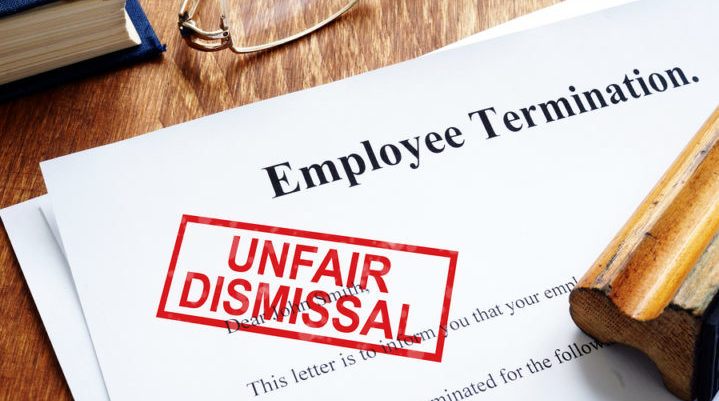Hybrid work-from-home arrangements might offer greater flexibility for workers, but small businesses that are having issues with a poor-performing staff find themselves at a losing end over unfair dismissal claims filed against them.
The warning from SME workplace advisory firm Employsure comes as the number of employment disputes involving remote working steadily rises while employers are still grappling with flexible working options.
Employsure Business Partner Emma Dawson said that thousands of employees across the nation are expected to continue to work from home for the short to medium term because of COVID-19, forcing employers to stay vigilant about the way they undertake performance management for remote workers.
“We have seen a consistent upward trend in the number of calls for help from businesses desperately wanting to take disciplinary action against an employee but unsure how to do that properly in the current environment,” Dawson said. “With no clear end to hybrid workplace arrangements, organisations must tread carefully when it comes to how they manage their problem workers.
“Where an employee is not performing to a required standard, an employer is fully entitled to put a performance management process in place, regardless of whether the underperforming employee has been working remotely or not,” Dawson added. “With such a rapidly changing employment landscape there is a real risk that not handling a performance management process correctly could leave an employer facing a significant unfair dismissal claim at a time when many are only just starting to get back on their feet.”
Dawson said that it is critical for an employer to also carefully consider any performance barriers that may have been created because of remote working and other factors associated with the pandemic.
“Home internet and computers may not be as fast or up to date as what is available in the normal workplace, it might be more difficult to reach the people they need to do their job, perhaps an employee is also managing concurrent caring responsibilities or dealing with mental health issues that have made worse because of isolation from peers and colleagues for weeks on end,” she said. “All these factors could arguably impact on their performance. Not taking these types of influences into account now could result in an issue for an employer down the track when they are asked to justify a dismissal decision.
“When it comes to terminating a remote-working employee, an employer should follow procedural fairness as far as reasonably practicable to avoid any criticism that the dismissal was harsh, unjust or unreasonable due to procedural failures,” Dawson added. “In what should ring alarm bells for many, an unfair dismissal claim was upheld by the Fair Work Commission in late 2021 even though the business had a valid reason to dismiss a worker. The stumbling point was that the reasons for dismissal weren’t formally outlined during the process.”
Employsure is also reminding employers that adequate warnings and notice must be provided for the employee to have an opportunity to improve their performance and respond appropriately to the warning. Any meeting with a concerned employee as part of the performance management and termination process should replicate a face-to-face environment, using video-conferencing platforms if a meeting in person is not possible.
While most unfair dismissal cases result in less than $10,000 compensation being paid, the Fair Work Commission can order half of the employee’s annual wage or the $79,250 compensation cap for 2021-22 (whichever is lower).















